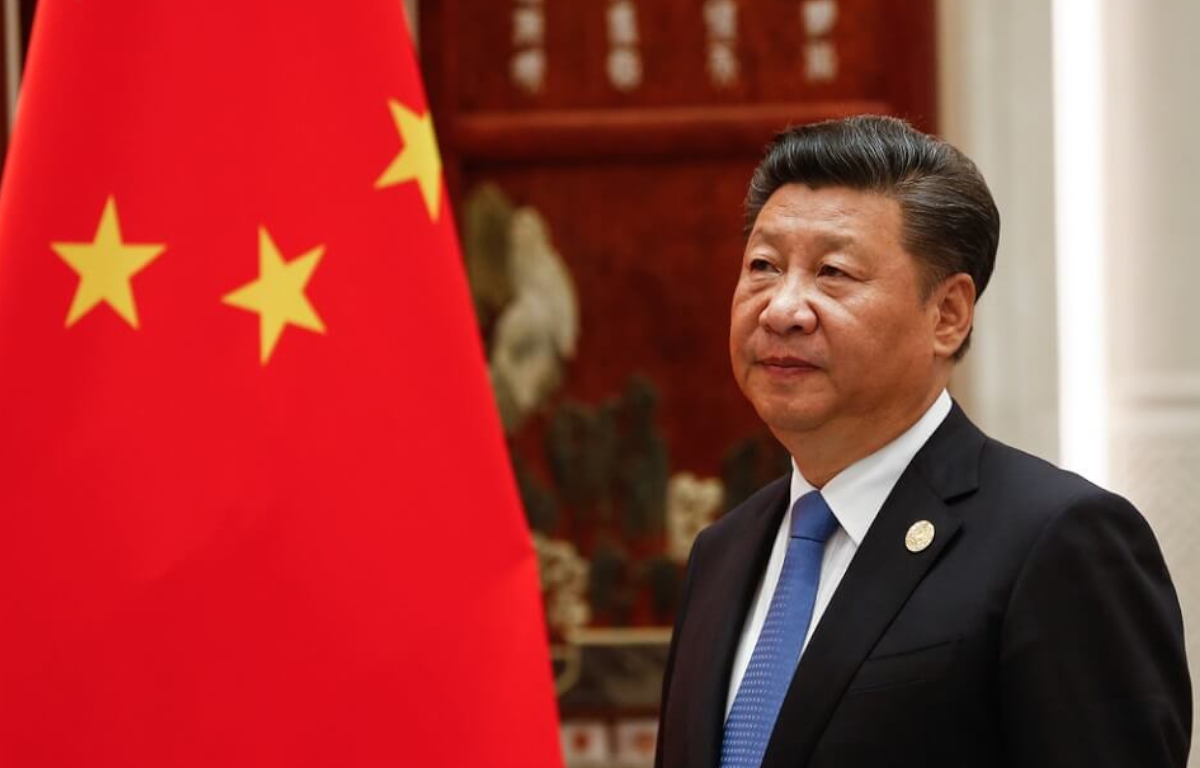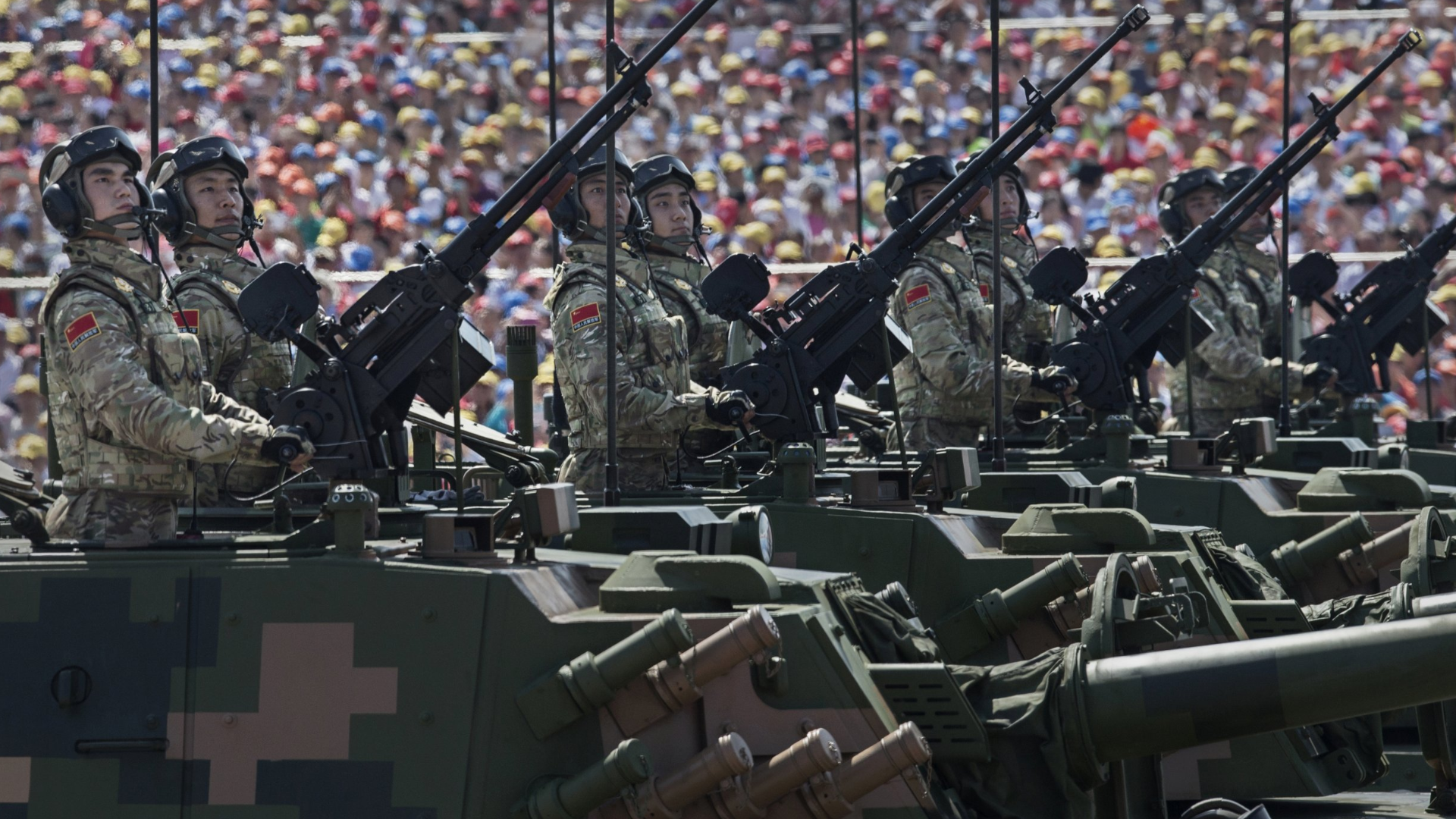
This event, attended by military leaders from around the world, highlighted the escalating tensions in the Asia-Pacific region and China’s unwavering position on its core interests.
The gathering, which brought together naval officials and defense experts to discuss maritime security and cooperation, saw the Chinese general delivering a stern message regarding Taiwan. He reiterated Beijing’s long-standing policy that Taiwan is an inalienable part of China and stressed that any attempts at Taiwanese independence would be met with resolute opposition. The general’s remarks echoed previous statements from Chinese leadership, emphasizing that the use of force remains on the table should peaceful reunification efforts fail.
China’s stance on Taiwan has been a focal point of international attention, particularly as the United States and other Western nations have shown increased support for Taiwan’s autonomy. The general’s comments were seen as a direct response to recent moves by the U.S. to strengthen ties with Taipei, including arms sales and high-level diplomatic visits. By taking a hardline approach, China aims to deter any further actions that it perceives as undermining its sovereignty.
Beyond Taiwan, the general addressed other regional disputes, particularly in the South China Sea and East China Sea. He reaffirmed China’s claims over these strategic waterways, which are also contested by several Southeast Asian nations and Japan. The South China Sea, in particular, has been a flashpoint due to its critical shipping lanes and potential underwater resources. The general criticized what he termed as “foreign interference,” implicitly referring to the United States’ naval operations aimed at ensuring freedom of navigation in these disputed waters.
The general’s speech also touched on China’s broader military strategy and modernization efforts. He highlighted recent advancements in naval capabilities, including the commissioning of new warships and submarines, which he claimed were essential for protecting China’s maritime interests and ensuring regional stability. This emphasis on military strength serves both as a message of deterrence to potential adversaries and as a reassurance to domestic audiences of China’s growing power.
The international naval gathering, intended as a forum for dialogue and cooperation, instead became a stage for showcasing the deep-seated tensions and divergent interests in the Asia-Pacific region. The Chinese general’s harsh rhetoric and uncompromising stance were met with concern and caution from other participants, particularly those from countries directly involved in territorial disputes with China.
Analysts suggest that this hardened approach by China could further complicate efforts to manage regional conflicts and promote stability. While dialogue and diplomatic engagement remain crucial, the general’s remarks indicate a firm Chinese position that leaves little room for compromise on issues deemed vital to national sovereignty and security.
The top Chinese general’s address at the international naval gathering has brought to the forefront the escalating tensions surrounding Taiwan and other regional disputes. By taking a harsh line, China has signaled its determination to assert its claims and defend its interests, raising the stakes for all parties involved in these complex and high-stakes geopolitical conflicts. As the Asia-Pacific region navigates these turbulent waters, the need for careful diplomacy and strategic restraint has never been more apparent.










Share this: